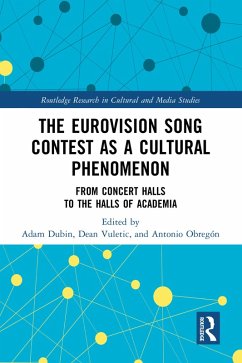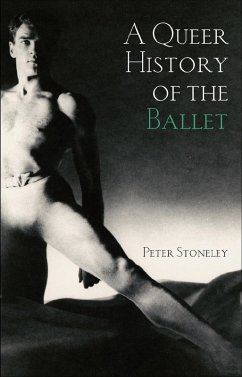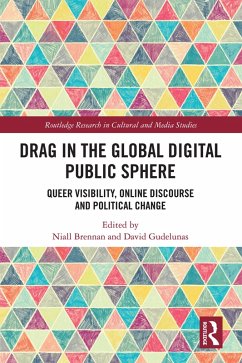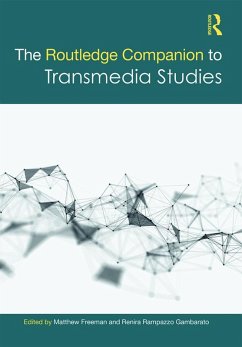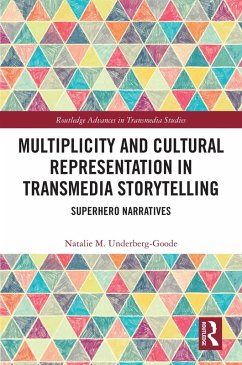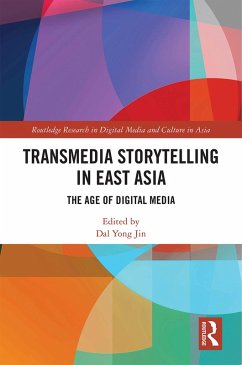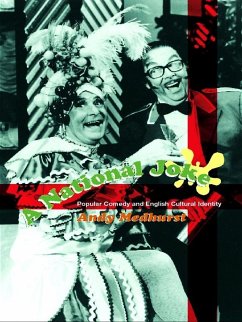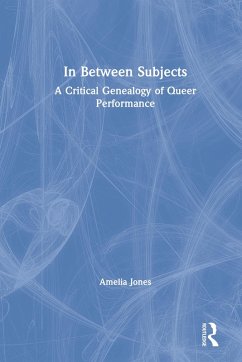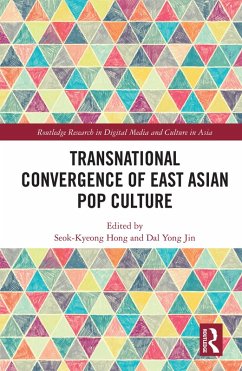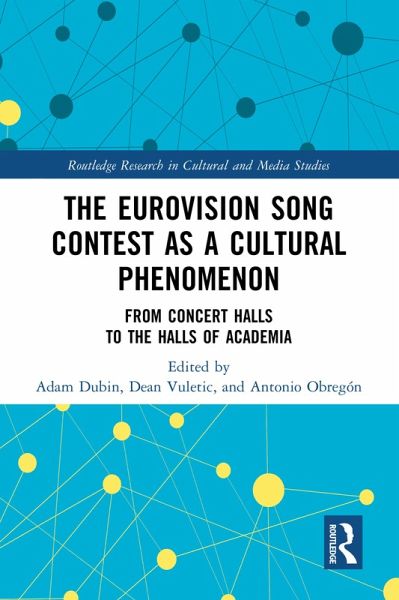
The Eurovision Song Contest as a Cultural Phenomenon (eBook, PDF)
From Concert Halls to the Halls of Academia
Redaktion: Dubin, Adam; Obregón, Antonio; Vuletic, Dean
Versandkostenfrei!
Sofort per Download lieferbar
39,95 €
inkl. MwSt.
Weitere Ausgaben:

PAYBACK Punkte
20 °P sammeln!
Drawing from the wealth of academic literature about the Eurovision Song Contest (ESC) written over the last two decades, this book consolidates and recognizes the ESC's relevance in academia by analysing its contribution to different fields of study.The book brings together leading ESC scholars from across disciplines and from across the globe to reflect on the intersection between their academic fields of study and the ESC by answering the question: what has the ESC contributed to academia? The book also draws from fields rarely associated with the ESC, such as Law, Business and Research Met...
Drawing from the wealth of academic literature about the Eurovision Song Contest (ESC) written over the last two decades, this book consolidates and recognizes the ESC's relevance in academia by analysing its contribution to different fields of study.
The book brings together leading ESC scholars from across disciplines and from across the globe to reflect on the intersection between their academic fields of study and the ESC by answering the question: what has the ESC contributed to academia? The book also draws from fields rarely associated with the ESC, such as Law, Business and Research Methodologies, to demonstrate the contest's broad utility in research, pedagogy and in practice.
Given its interdisciplinary approach, this volume will be of interest to scholars and students working in cultural, media, and music studies, as well as those interested in the intersections between these areas and politics, law, education, pedagogy, and history.
The book brings together leading ESC scholars from across disciplines and from across the globe to reflect on the intersection between their academic fields of study and the ESC by answering the question: what has the ESC contributed to academia? The book also draws from fields rarely associated with the ESC, such as Law, Business and Research Methodologies, to demonstrate the contest's broad utility in research, pedagogy and in practice.
Given its interdisciplinary approach, this volume will be of interest to scholars and students working in cultural, media, and music studies, as well as those interested in the intersections between these areas and politics, law, education, pedagogy, and history.
Dieser Download kann aus rechtlichen Gründen nur mit Rechnungsadresse in A, B, BG, CY, CZ, D, DK, EW, E, FIN, F, GR, HR, H, IRL, I, LT, L, LR, M, NL, PL, P, R, S, SLO, SK ausgeliefert werden.




